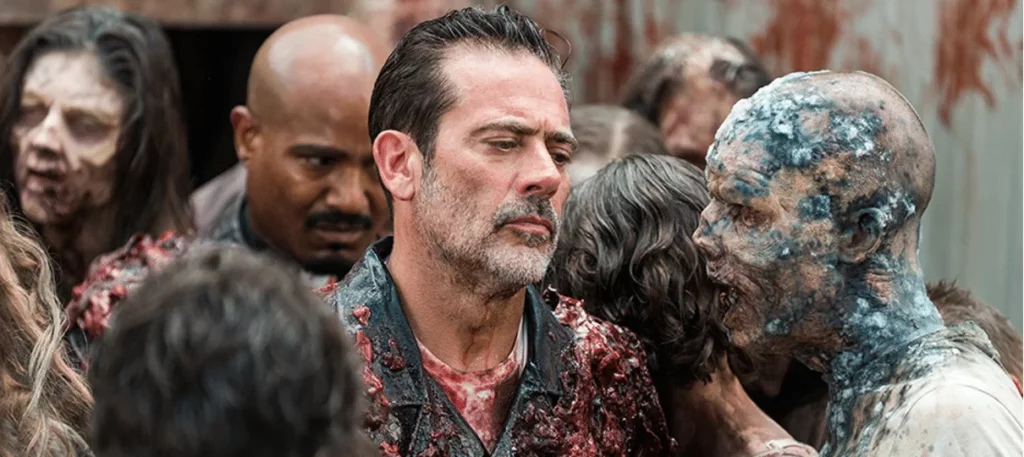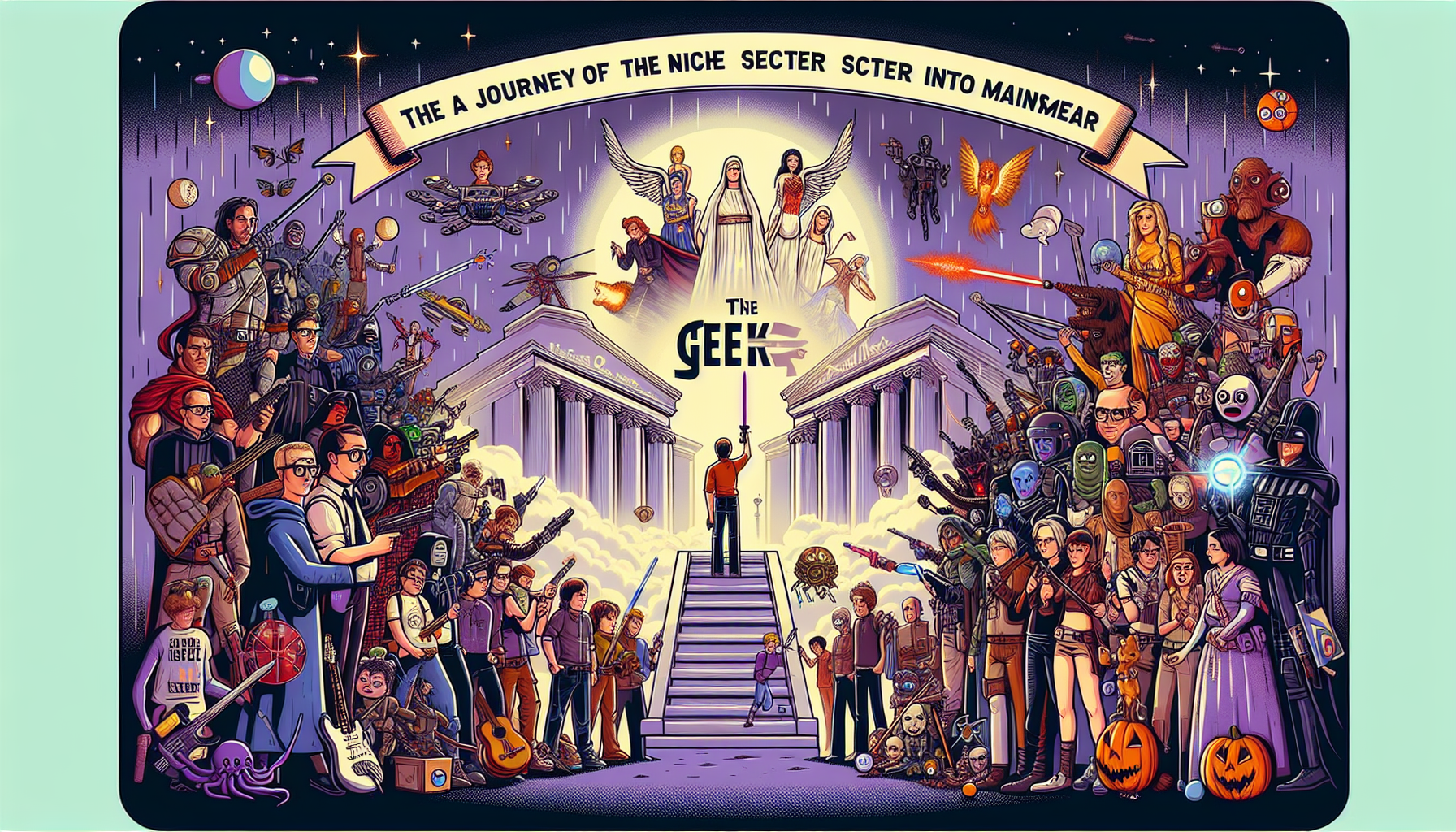Adverts
In the vast universe of zombie apocalypse narratives, “The Walking Dead” stands out not only as a pioneer, but as a transformative entity that transcended its original medium.
Born from the dark and provocative pages of the comic book in 2003, this captivating saga of survival, desperation and the indomitable human will to persevere has carved out a unique niche for itself. Created by the visionary mind of Robert Kirkman, alongside Tony Moore and Charlie Adlard, “The Walking Dead” quickly evolved from a cult comic book series to a global television phenomenon following its adaptation by Fox and AMC in 2010.
Adverts
This journey from sequential art to glossy screens has not only expanded its reach, but also solidified its position as a cultural touchstone within and beyond the geek niche. By exploring the depths of what it means to be human in a post-apocalyptic world, “The Walking Dead” has become much more than a story about zombies; it is a lens through which we examine the essence of humanity, morality and society.
This article dives into the beating heart of “The Walking Dead,” celebrating its extraordinary journey from comics to television stardom.
Adverts
The Rise of Shadows: The Birth of Comics

Launched in 2003 by Image Comics, “The Walking Dead” was created by writer Robert Kirkman and artist Tony Moore, who was later replaced by Charlie Adlard. Kirkman envisioned a story that explored the lives of people in a zombie apocalypse in a profound way, focusing not only on the threat of the undead, but also on the complexities of human relationships in a world in collapse.
The comic book series quickly captivated a loyal fan base, drawn to its raw storytelling, rich characters, and willingness to tackle the darker facets of humanity.
From Comics to Fox: The Transition to TV

In 2010, “The Walking Dead” made the transition to television, premiering on Fox (internationally) and AMC (in the United States), under the leadership of director Frank Darabont. The series expanded the reach of the franchise, bringing Kirkman’s story to a global audience.
From its very first episode, “The Walking Dead” established itself as something special, combining high-level tension, character development and impressive makeup and special effects to portray the zombies, known in the series as “walkers.”
Public Interest and the Success of the Series
“The Walking Dead” quickly became a cultural phenomenon. Its success can be attributed to its unique take on the zombie genre, focusing on human emotions and moral dilemmas rather than just horror and gore. The series’ themes of survival, leadership, sacrifice, and loss resonate deeply with viewers. As the series progressed, it expanded its universe, introducing communities of survivors with different philosophies and ways of life, exploring the nature of power and civilization after society has collapsed.
Characters and Impact
Over the course of its multiple seasons, “The Walking Dead” has introduced a cast of memorable characters, from Sheriff Rick Grimes, played by Andrew Lincoln, to complex characters like Daryl Dixon (Norman Reedus), Michonne (Danai Gurira) and Carol Peletier (Melissa McBride). These characters, with their emotional journeys and development over the course of the series, have become cultural icons in their own right.
Beyond the Main Series
The impact of “The Walking Dead” extends beyond the main series. With spin-offs such as “Fear the Walking Dead” and “The Walking Dead: World Beyond,” as well as a series of webisodes and announcements of future films centered on key characters, the franchise continues to expand its universe, keeping fans engaged and introducing the saga to new audiences.
Conclusion
“The Walking Dead” is more than just a show about zombies; it’s a profound exploration of the human condition, a meditation on what it means to live and struggle in a world where hope seems far away. Through its ups and downs, the series has maintained an emotional connection with its audience, proving to be one of the most engaging and resilient narratives on modern television. As “The Walking Dead” nears its end, its loyal fan base and its place in pop culture history are secure, solidifying its legacy as a masterpiece that transcended its genre and defined an era.




